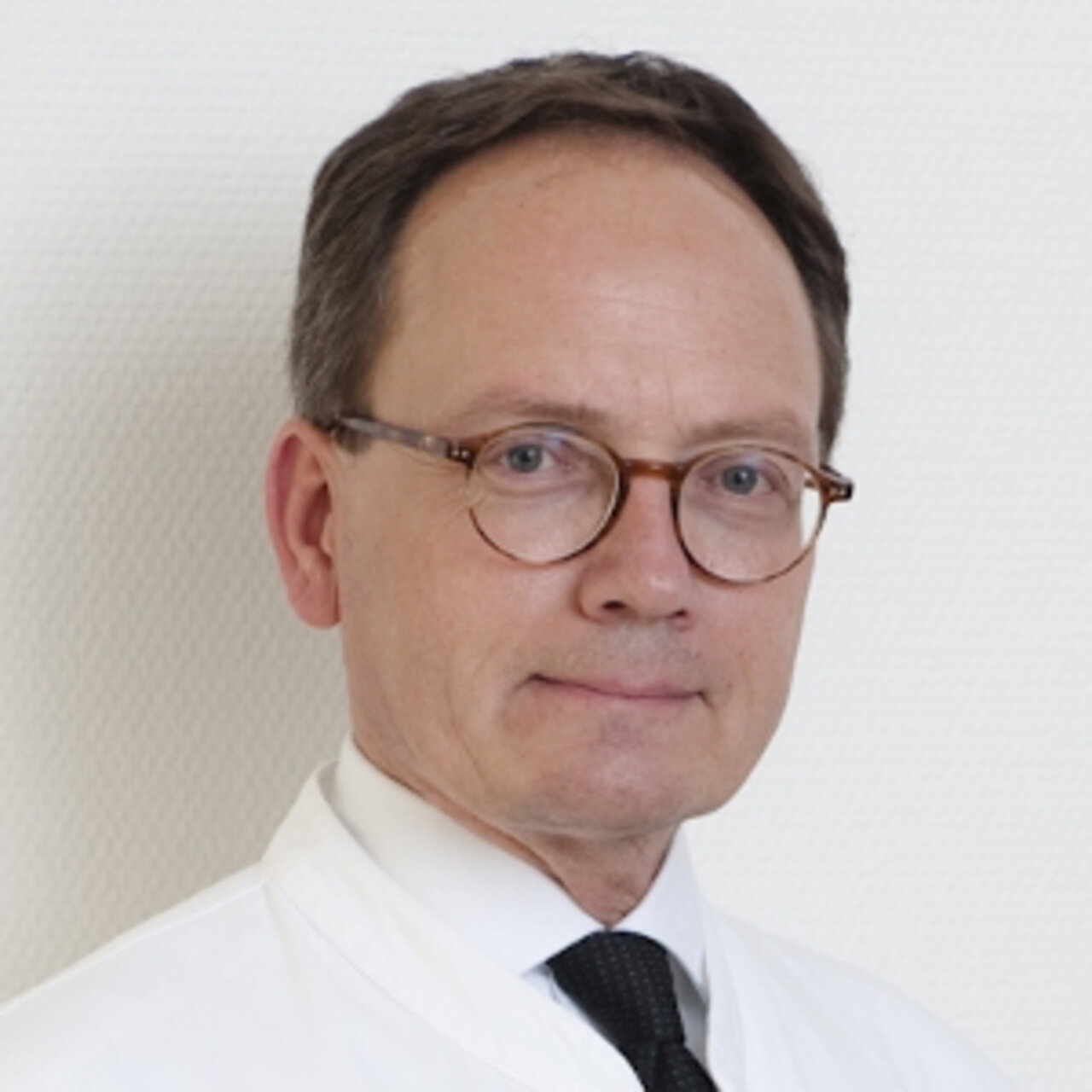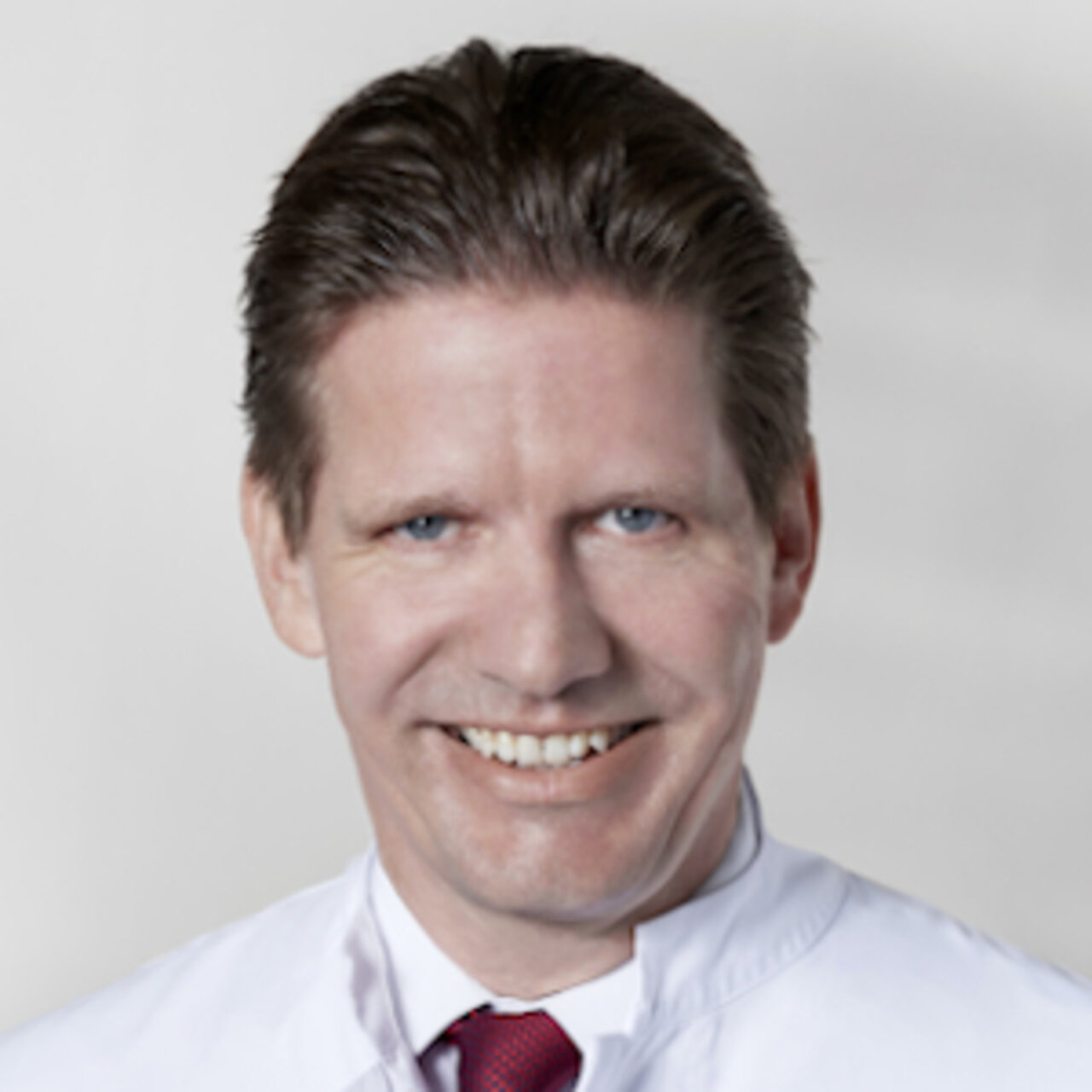Specialists in Insomnia
2 Specialists found
Information About the Field of Insomnia
Sleep disorders - what are they?
Temporary trouble falling asleep and sleeping through the night, also known as insomnia in technical jargon, are among the most common sleep disorders of our time. However, the chronic, long lasting forms also occur often. Some 45% of the population above 65 years of age complain about inadequate and poorly regenerative sleep. As a result, performance during the day is restricted, along with states of exhaustion, restlessness, tiredness, irritability and even anxiety.
What causes insomnia?
Causes of temporary insomnia, which everyone is likely to have experienced in their life, are different stress factors such as professional or private problems as well as an unusual surrounding. Also a bad sleep hygiene can provoke difficulties to falling asleep or sleeping through the night. Such factors include warm rooms, bad air quality, drinking caffeinated fluids, and intense physical and mental activities shortly before going to bed. Particularly children can be affected by sleep disturbances due to a lack of sleep ritual or poor sleep discipline (eating/drinking at night, having different times for going to bed).
However, adults may also acquire sleep disorders on their own. In particular, sleep-diminishing practices such as afternoon naps or consuming caffeinated beverages can result in trouble sleeping at night. This in turn creates a vicious cycle and leads to your troubles falling asleep becoming chronic. Also, a number of mental health conditions can be associated with sleep disturbances. It is also important to keep in mind that sleeping pills and regular alcohol consumption can lead to sleep disorders.
How would sleep disorders express themselves?
Temporary sleep disorders usually disappear with the removal of the causative stress factor (duration max. 4 weeks and 3 days a week). In case of the chronic form of insomnia, various types can be differentiated. Paradoxical insomnia describes a very poor subjective sleep, which cannot be confirmed objectively. Primary insomnia is the most common form and is associated with poor performance and a bad mood, which can even result in depression.
How are sleep disorders diagnosed?
To identifiy the exact triggers and exclude physical and psychological illnesses as the cause, the specialist in sleep medicine conducts a detailed interview with each patient. This yields the first clues about the type and origin of the sleep disorder.
The physical check-up, keeping sleep journals and providing information about the intake of sleep-disrupting substances can also be quite helpful. To measure both activity cycles and rest cycles, the somnologist may use actigraphy. This device, which resembles a wristwatch, measures physical activity and rest periods over a course of several weeks.
Polysomnography is a further examination method that is conducted in the sleep lab. This involves measuring brain waves, muscle movements, heart rhythm, breathing and blood oxygen levels, usually over the course of two nights.
Sleep disorders - What can be done?
A precise analysis of the causes is crucial for the successful treatment of disorders of falling asleep and sleeping through the night. This is the only way to provide a proper long-term therapy. Insomnia is treated according to the examination findings. Depending on the trigger of the sleep disorders, various therapeutic options are available. Among them are:
- a proper sleep hygiene
- learning behavioral therapy strategies
- medication, which is usually only advisable for a short-term period (up to 4 weeks).
Should you have additional questions regarding the treatment options for insomnia, please contact your sleep medicine specialist.
Which doctor specializes in sleep disorders?
Anyone suffering from sleep disorders wishes to have the best medical care for themselves. For this reason, patients may ask themselves where they can find the best doctor or clinic for sleep disorders?
Given that there is no objective answer to this question and a legitimate doctor would never claim to be the best, patients have to rely on a doctor's experience and education. Therefore, sleep disorder specialists are sleep medicine specialists who are focused on the treatment of sleep disorders. Their experience and many years of practicing as somnologists make them the go-to doctors for the diagnosis and treatment of sleep disorders.

